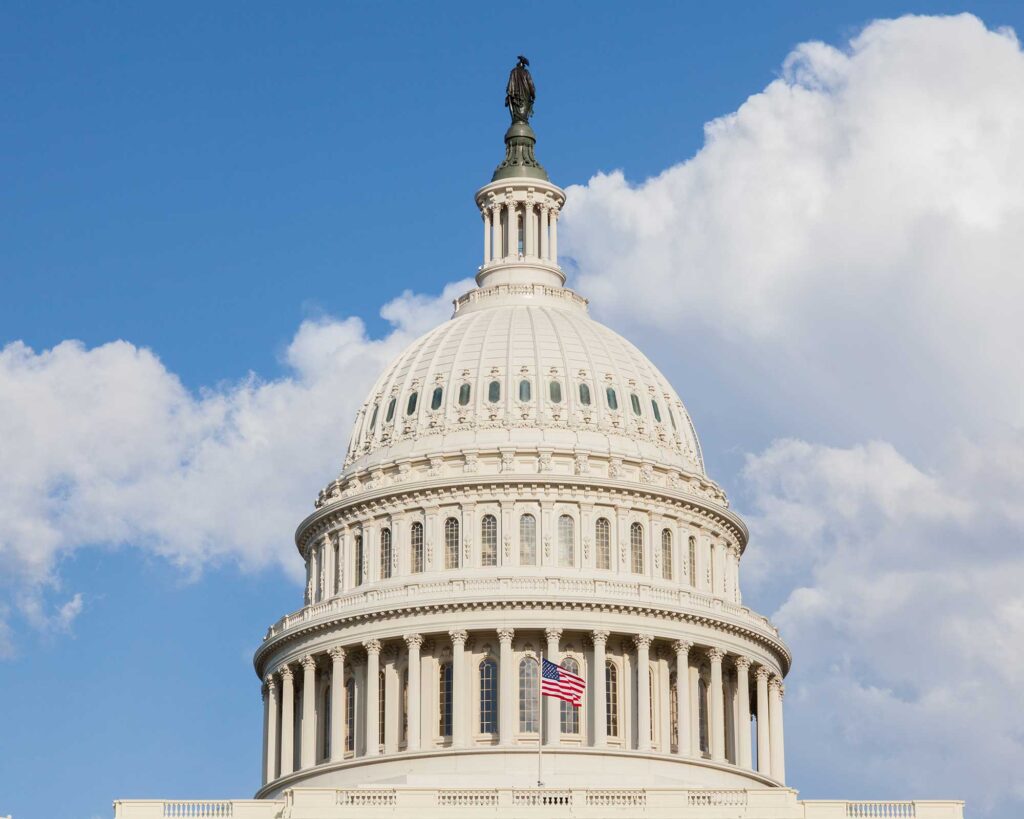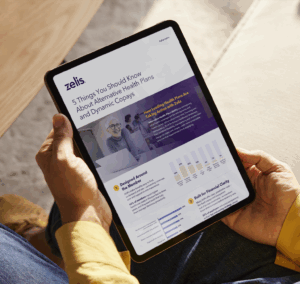Trends and Insights
Healthcare organizations continue to face mounting pressure to stay compliant with evolving federal regulations. Among the most impactful is the No Surprises Act (NSA) — a law designed to protect patients from surprise medical bills and restrict balance billing for certain out-of-network services. Together with the Transparency in Coverage (TiC) Rule, the NSA has reshaped how payers operate, requiring clear, upfront cost information that empowers members to make informed healthcare decisions.
At Zelis, our solutions go beyond compliance—we help you simplify the complexities of NSA and TiC requirements, reduce provider abrasion, and enhance the member experience while unlocking measurable savings.
What is the No Surprises Act? Why it matters
The No Surprises Act was signed into law in December 2020, with the goal of protecting patients from unexpected medical bills and prohibiting balance billing for certain out-of-network care. The act applies to emergency services, certain non-emergency services at in-network facilities, and air ambulance services. It limits patient cost-sharing to in-network rates and shifts the burden of billing resolution to payers and providers.
Key terms to know: QPA, IDR, Balance Billing
- Qualifying Payment Amount (QPA): The median in-network rate for similar services in a geographic market, used as the initial payment benchmark.
- Independent Dispute Resolution (IDR): If payers and providers cannot agree on payment, disputes escalate to IDR, where a certified IDR entity (arbitrator) selects one of the submitted offers.
- Balance Billing: Charging patients for the difference between provider charges and what the insurer pays, now restricted under NSA.
CMS data: The evolving regulatory landscape
Originally designed to resolve surprise billing disputes, the NSA process has become complex, costly, and error prone. CMS reports that IDR volume is now 100 times higher than initial projections, with each dispute averaging five claim lines. In 2024 alone, more than 1.4 million IDR disputes were initiated — a 115 percent increase from the previous year.
As of early 2025, over 600,000 disputes awaited determinations, and 69 percent of open disputes were more than 30 days old. CMS has responded by certifying 15 IDR entities to improve throughput. By July 2025, only 34 percent of unresolved disputes were aged over 30 days. However, 20 percent of all submitted volume is deemed ineligible, and Zelis objects to nearly 50 percent of disputes for ineligibility reasons—highlighting ongoing gaps in the process.
Dispute resolution and payment mechanics
The IDR process is notably provider-friendly, with providers winning 85 percent of the time — often at rates three to four times above the QPA. Just four organizations are responsible for initiating half of all disputes, raising concerns about potential abuse. While CMS reports progress in closing cases (96 percent resolved in July 2025), the process remains inconsistent, making it difficult for payers to forecast outcomes or scale defensible strategies.
IDR challenges and risks
Payers face limited internal resources and a lack of internal regulatory expertise, compounded by rapidly escalating administrative costs. A recent Health Affairs article estimates that total costs associated with the IDR process through 2024 exceed $5 billion — including CMS admin fees, IDR entity fees, and additional payments to providers. The average internal admin cost per dispute is estimated to be $857, impacting premiums and contract negotiations.
Data-driven NSA claim pricing and IDR mitigation
Zelis helps clients outperform the market by focusing on claim pricing aimed at preventing claims from reaching IDR. Our holistic NSA solution, powered by ClaimPass®, uses AI-driven optimization to evaluate claims against client parameters, state rules, and NSA eligibility. Automated workflows reduce manual errors and support compliance with NSA timelines.
Zelis clients have seen 73 percent average savings on NSA claims. Of the nearly 2 million NSA claims we repriced in the last 18 months, only 15 percent moved to open negotiation and 11percent to IDR. Zelis has retained 90percent savings on NSA priced claims, helping clients save $3.8 billion in the last year and a half.
Real results
Zelis clients have saved billions, reduced disputes and achieved stronger outcomes through data-driven strategies and expert advocacy. Our approach delivers more defensible pricing, fewer disputes, and a partner that’s always one step ahead. Learn more about Zelis No Surprises Act
Ready to partner with Zelis on No Surprises Act compliance?
Let’s explore how Zelis can help you simplify NSA compliance and deliver measurable results — reach out for a personalized impact analysis.
Read more:
Navigating the No Surprises Act in 2025: Regulatory Updates for Payers
Navigating the No Surprises Act in 2025: Payer Challenges and Strategic Recommendations




